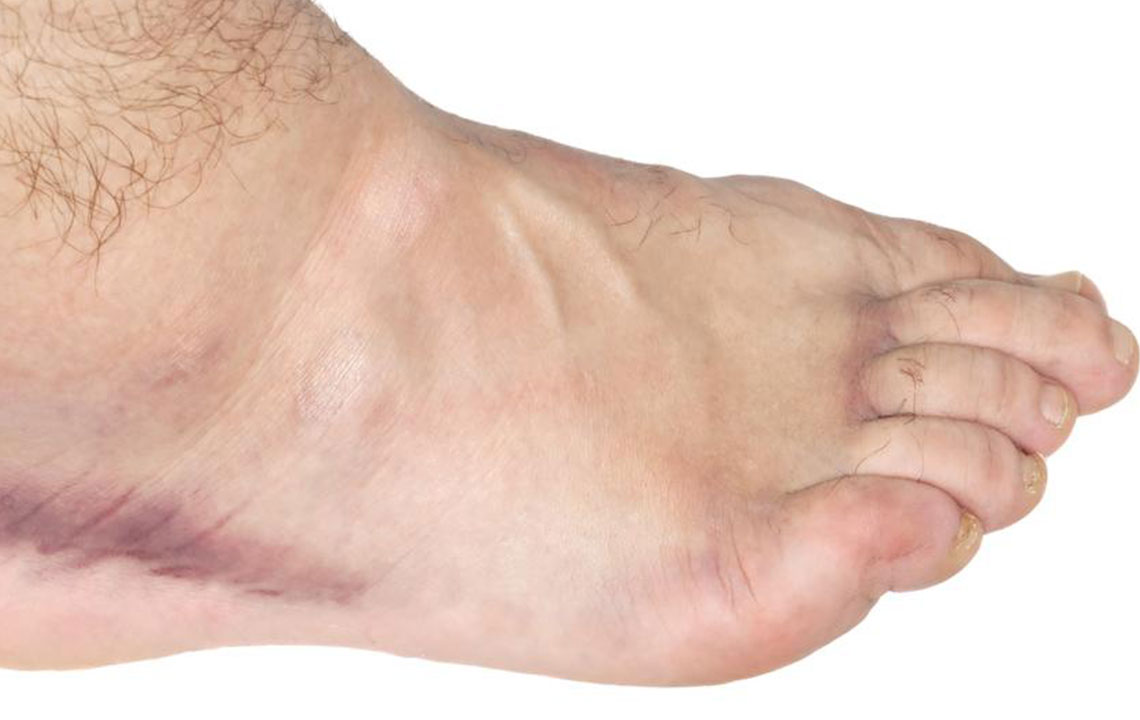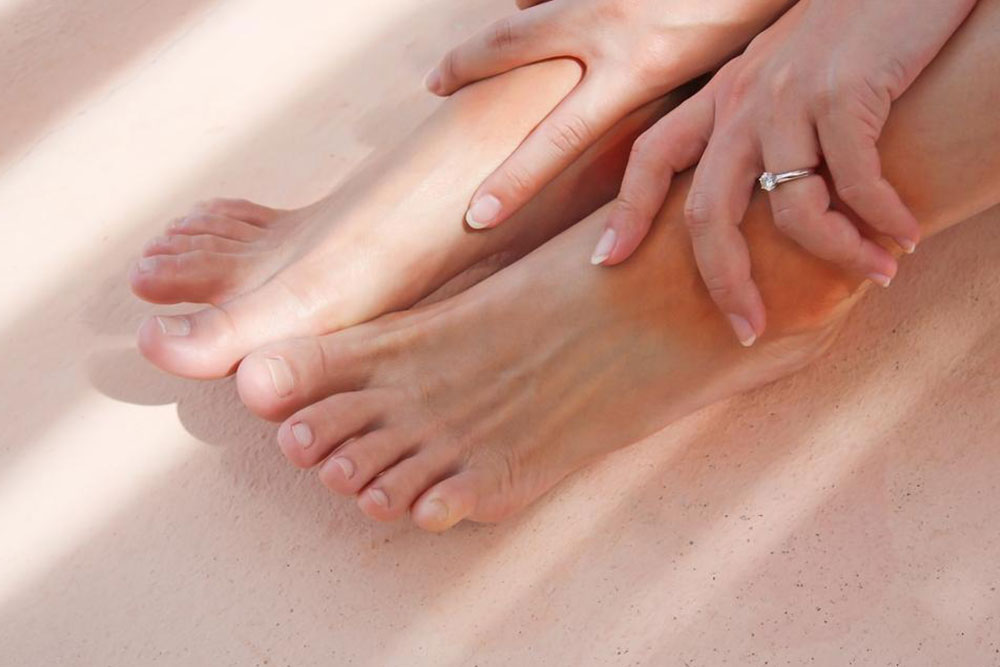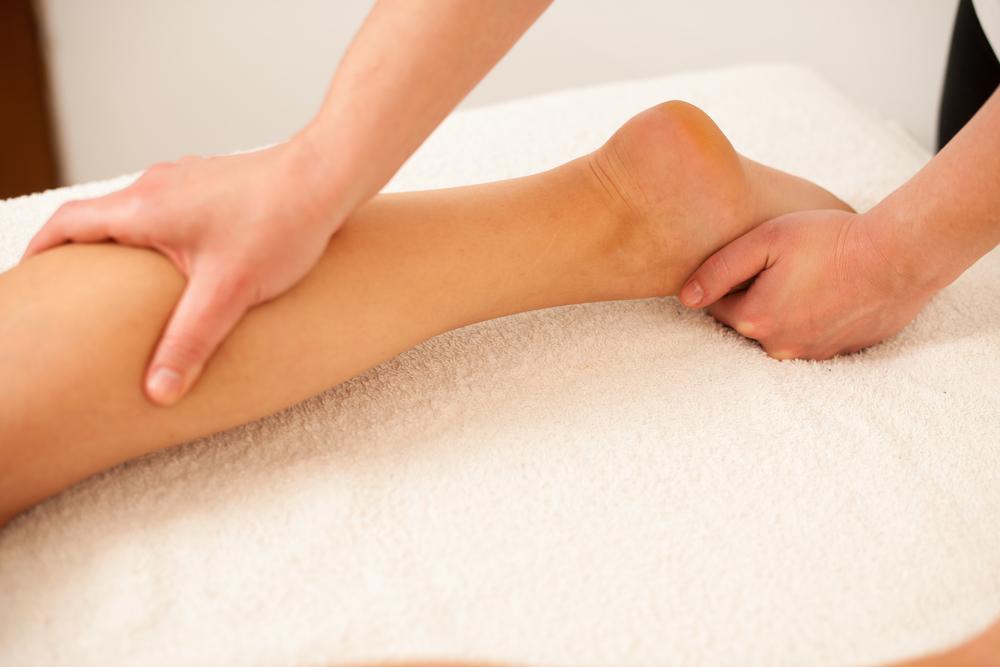Comprehensive Guide to Swollen Feet: Causes, Symptoms, and Effective Treatment Strategies
This comprehensive guide explores the causes and symptoms of swollen feet, from prolonged standing and medication effects to organ issues and pregnancy. It offers practical, effective methods to alleviate swelling, including elevation, exercise, compression therapy, and dietary tips. Understanding these factors helps in early detection and management, reducing discomfort and preventing complications. Whether you're experiencing mild swelling or severe symptoms, this article provides valuable insights into improving circulation and maintaining foot health for overall well-being.

Comprehensive Guide to Swollen Feet: Causes, Symptoms, and Effective Treatment Strategies
Understanding swollen feet: In-depth causes, common symptoms, and practical remedies
Swelling in the feet is a prevalent condition that can affect individuals of all ages. Recognizing the underlying causes and knowing how to manage or prevent swelling can significantly improve quality of life. This detailed guide explores various reasons behind swollen feet, how to identify symptoms early, and effective strategies to alleviate discomfort and promote better circulation.
What are the primary factors that contribute to swollen feet?
Extended periods of standing or sitting: Standing or maintaining the same position for prolonged hours causes fluids to accumulate in the lower extremities due to gravity, leading to swelling. People with excess body weight or pregnant women may experience increased fluid retention, further exacerbating swelling of feet, ankles, legs, and sometimes even hands.
Medication side effects: Certain medications can cause fluid retention as an adverse effect. These include antidepressants, hormonal treatments, medications for blood pressure management, corticosteroids, and non-steroidal anti-inflammatory drugs (NSAIDs). If you notice swelling after starting new medication, consult your healthcare provider.
In addition to lifestyle factors and medications, underlying organ health issues can also cause swelling. Problems involving the liver, heart, or kidneys disrupt the body's fluid regulation, resulting in edema. Injuries to the legs, blood clot formation, or infections can also impair proper blood flow, leading to localized swelling. For anyone experiencing persistent or severe swelling, seeking medical evaluation is crucial for an accurate diagnosis and appropriate treatment plan.
Other contributors to swollen feet include hormonal imbalances, neuromuscular conditions, high-salt and carbohydrate-rich diets, and certain pregnancy complications. Understanding these factors can help in preventing or managing swelling effectively.
Pregnancy-related swelling: Many pregnant women experience swelling in the feet and ankles due to increased blood volume and hormonal changes. However, severe swelling, especially when accompanied by symptoms like high blood pressure or protein in urine, may signal pre-eclampsia, a serious pregnancy complication. Monitoring and prompt medical care are essential if such symptoms occur.
If swelling develops alongside symptoms like headaches, visual disturbances, or abdominal pain, immediate medical attention is necessary to rule out severe conditions such as pre-eclampsia.
Lymphedema: This condition results from lymphatic system impairment due to damage or removal of lymph nodes, leading to fluid buildup and persistent swelling, often in one limb.
Venous insufficiency: Damage or weakening of the valves within leg veins causes blood to pool, resulting in swelling, skin changes, and sometimes discomfort or heaviness in the legs.
Blood clots: Deep vein thrombosis (DVT) is a condition where blood clots block venous flow in the legs, leading to significant swelling, pain, and risk of life-threatening complications if untreated.
Understanding the symptoms and causes of swollen feet is vital for effective management. Swelling occurs because tiny blood vessels leak plasma into surrounding tissues, and it tends to worsen as the day progresses due to ongoing fluid accumulation. Factors like diabetes, organ malfunction, vascular issues, and lifestyle choices contribute to this condition. If left untreated, swelling can cause skin indentation (pitting edema), skin discoloration, and skin infections, making timely intervention crucial.
**Practical ways to reduce swelling in the feet:**
Elevate your legs regularly: Raising your feet above heart level for 15-30 minutes helps reduce pressure on the lower limbs, encourages better blood and lymphatic flow, and minimizes fluid accumulation.
Engage in gentle physical activity: Activities such as walking, yoga, or light aerobic exercises improve circulation and help disperse excess fluids, reducing swelling over time.
Use compression therapy: Wearing compression stockings or calf sleeves applies gentle pressure, supporting venous return and preventing fluid pooling. Additionally, leg wedges or pillows can be used during sleep to keep legs elevated.
Massage techniques: Gentle massage or specialized pneumatic compression devices stimulate lymphatic drainage and blood flow, alleviating discomfort and swelling.
Supportive footwear: Selecting comfortable, non-restrictive shoes that accommodate swelling can prevent aggravation of symptoms and promote better mobility.
Weight management: Maintaining a healthy weight reduces overall water retention and relieves stress on the limbs, promoting long-term health benefits.
Epsom salt baths: Soaking feet in cold water infused with Epsom salts (magnesium sulfate) for 15-20 minutes can ease swelling and provide relaxation. Diabetics should ensure water temperature safety to avoid burns.
Increase magnesium intake: Consuming magnesium supplements (200-400 mg daily), after consulting a healthcare provider, might help reduce water retention and support nerve and muscle function.
Hydrate with lemon water: Drinking warm water infused with lemon antioxidants can facilitate detoxification, reduce fluid retention, and keep your body hydrated with natural nutrients.
Beyond lifestyle modifications, addressing underlying health conditions through medical treatment is essential for persistent or severe swelling. Consulting healthcare professionals ensures personalized and effective management strategies tailored to individual needs.





